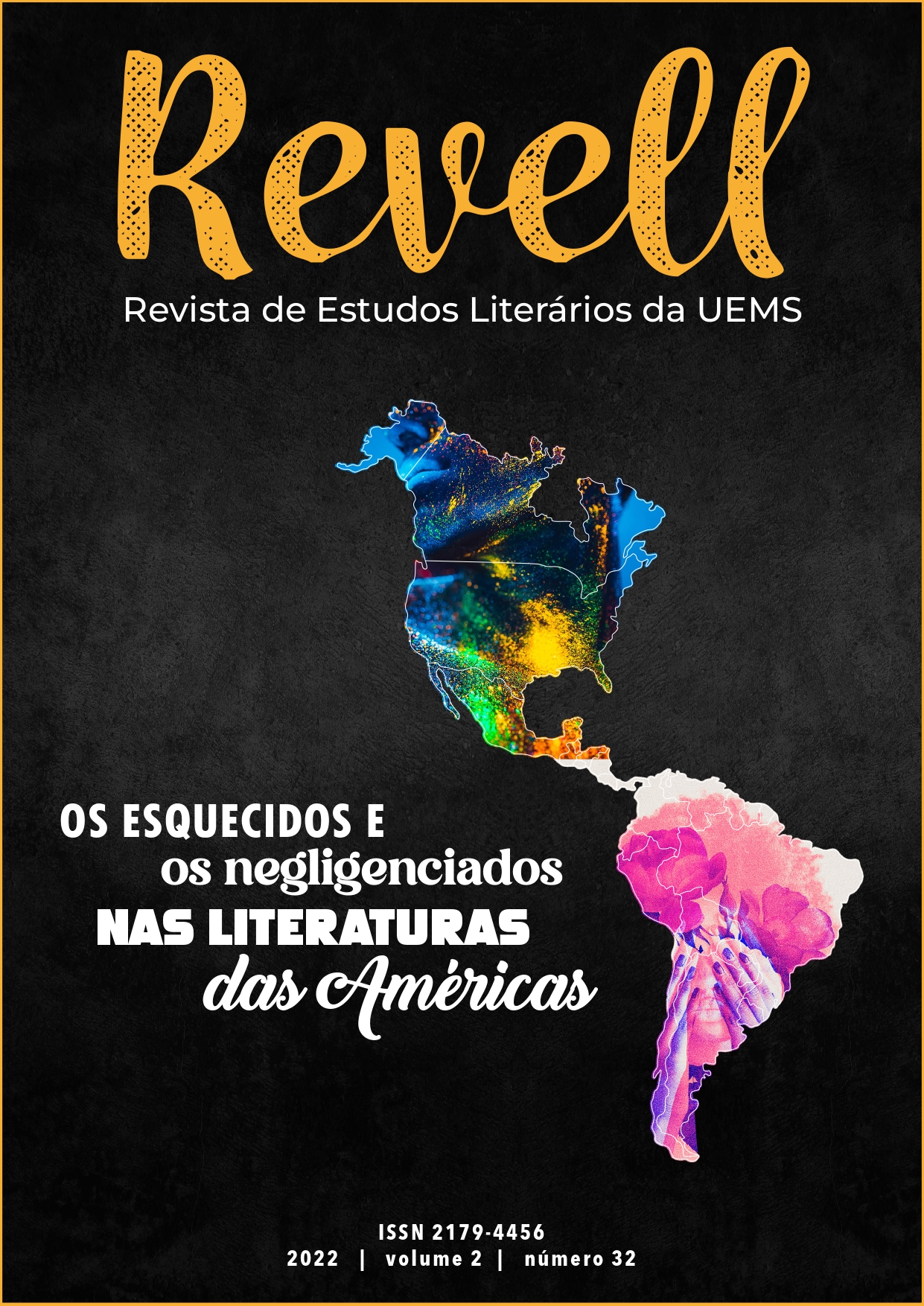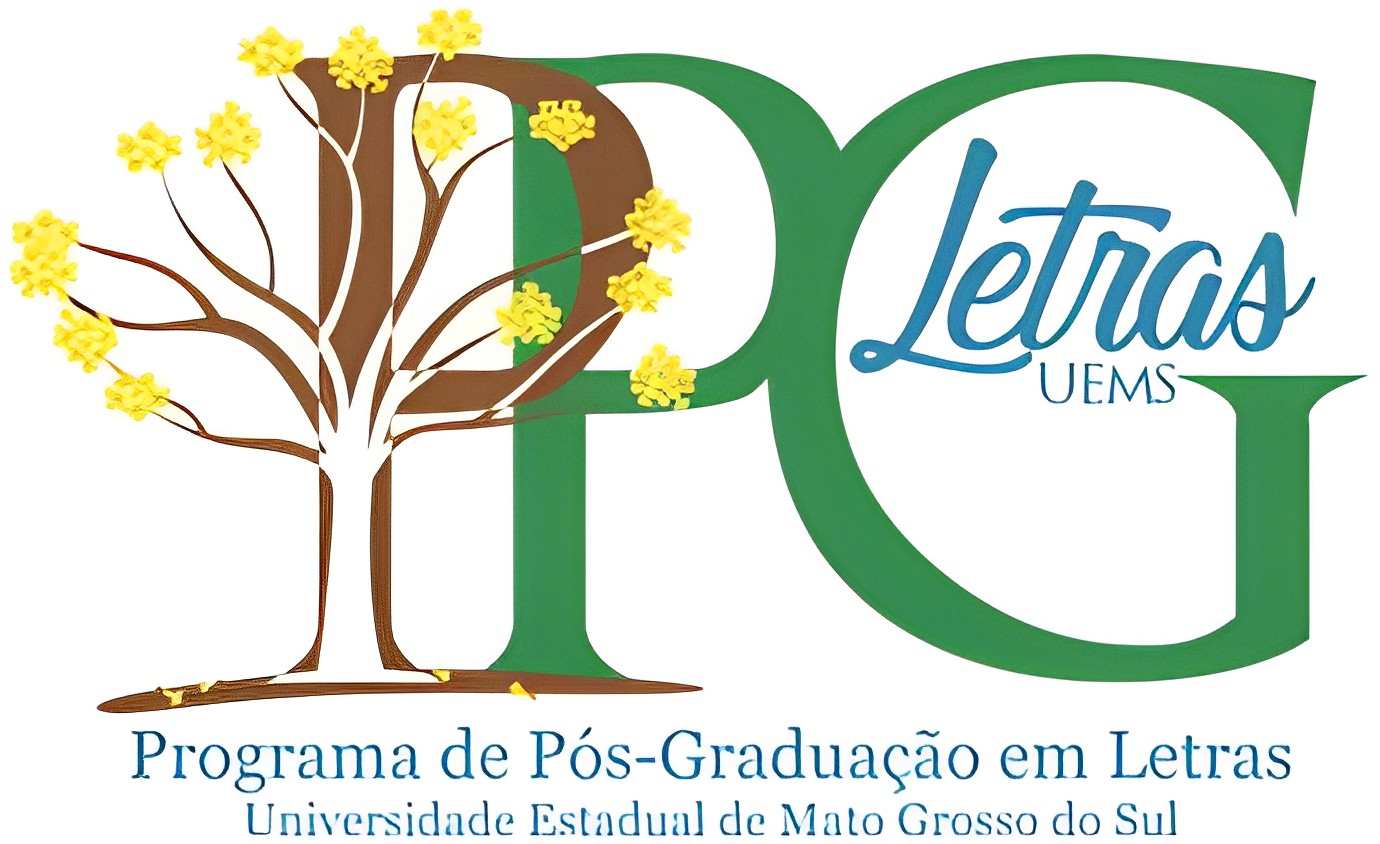A fragmentação existencial da mulher mexicana no conto “Tina Reyez”, de Amparo Dávila
DOI:
https://doi.org/10.61389/revell.v2i32.7182Keywords:
conto, narrativa de mulher, literatura mexicana do século XX, estudos de gêneroAbstract
In Brazil, the work of short-story writer Amparo Dávila (1928-2020) belongs to a gap in the study of literature made by women of the 20th century, since the mexican author has no translation to the portuguese language. In order to expand the literary corpus of studies about the narratives of women from the last century, this article will analyze the short story “Tina Reyez”, published in Música Concreta (1964). In dealing with the taboos surrounding the erotic awakening and sensual perceptions of the “ordinary woman” Tina Reyez, Amparo outlines the patriarchal moralities imposed on the tale's protagonist. Based on a qualitative and exploratory methodology, this article will reflect on the social value imposed on women who lived during the second half of the 20th century, according to the theoretical contribution of Luce Irigaray (2017) and Simone de Beauvoir (2009), as well as on the weight of mexican patriarchal morality on the character's context of existence, according to the article “¿Cómo ser sin límites? Semiotic analysis of the story ‘Tina Reyez’, by Amparo Dávila” (2019), by Socorro García Bojórquez and María Edith Araoz Robles.
References
BEAUVOIR, Simone de. O segundo sexo. Rio de Janeiro: Nova Fronteira, 2009.
BOJÓRQUEZ, Socorro G; ROBLES, Maria Edith A. ¿Cómo ser sin límites? Análisis semiótico del cuento Tina Reyes de Amparo Dávila. La Ventana, Guadalajara, vol. 51, p.85-110, jan.-jun. 2019. Disponível em: http://old.scielo.br/pdf/fractal/v30n2/1984-0292-fractal-30-02-166.pdf>. Acesso em: 20 jun. 2022.
DÁVILA, Amparo. Cuentos reunidos. Cidade do México: Fondo de Cultura Económica, 2021.
DÁVILA, Amparo. Música concreta. Cidade do México: Fondo de Cultura Económica, 2002.
FOUCAULT, Michel. A história da sexualidade 1 - A vontade de saber. Rio de Janeiro/São Paulo: Paz&Terra, 2021.
IRIGARAY, Luce. Este sexo que não é só um sexo. São Paulo: Editora Senac, 2017.
SOUZA, Danuza E de; KOSOVSKI, Giselle F. Mulheres e Espelhos: a Devastação e o irrepresentável no corpo feminino. Fractal: Revista de Psicologia, v. 30, n. 2, p. 166-172, mai-ago. 2018. Disponível em: < http://old.scielo.br/pdf/fractal/v30n2/1984-0292-fractal-30-02-166.pdf>. Acesso em: 20 jun. 2022.
WOOLF, Virginia. Profissões para mulheres e outros artigos feministas. Porto Alegre: L&PM, 2012.
Downloads
Published
How to Cite
Issue
Section
License
Copyright (c) 2022 REVELL - REVISTA DE ESTUDOS LITERÁRIOS DA UEMS

This work is licensed under a Creative Commons Attribution 4.0 International License.
DECLARAÇÃO DE ORIGINALIDADE E EXCLUSIVIDADE E CESSÃO DE DIREITOS AUTORAIS
Declaro que o presente artigo é original e não foi submetido à publicação em qualquer outro periódico nacional ou internacional, quer seja em parte ou na íntegra. Declaro, ainda, que após publicado pela REVELL, ele jamais será submetido a outro periódico. Também tenho ciência que a submissão dos originais à REVELL - Revista de Estudos Literários da UEMS implica transferência dos direitos autorais da publicação digital. A não observância desse compromisso submeterá o infrator a sanções e penas previstas na Lei de Proteção de Direitos Autorais (nº 9610, de 19/02/98).



















